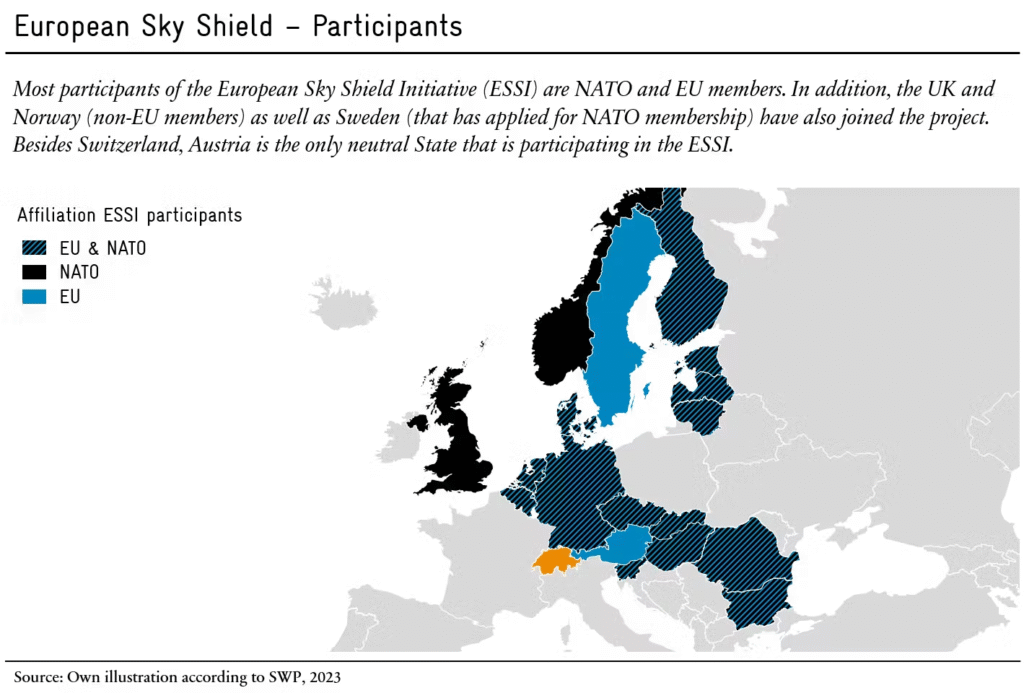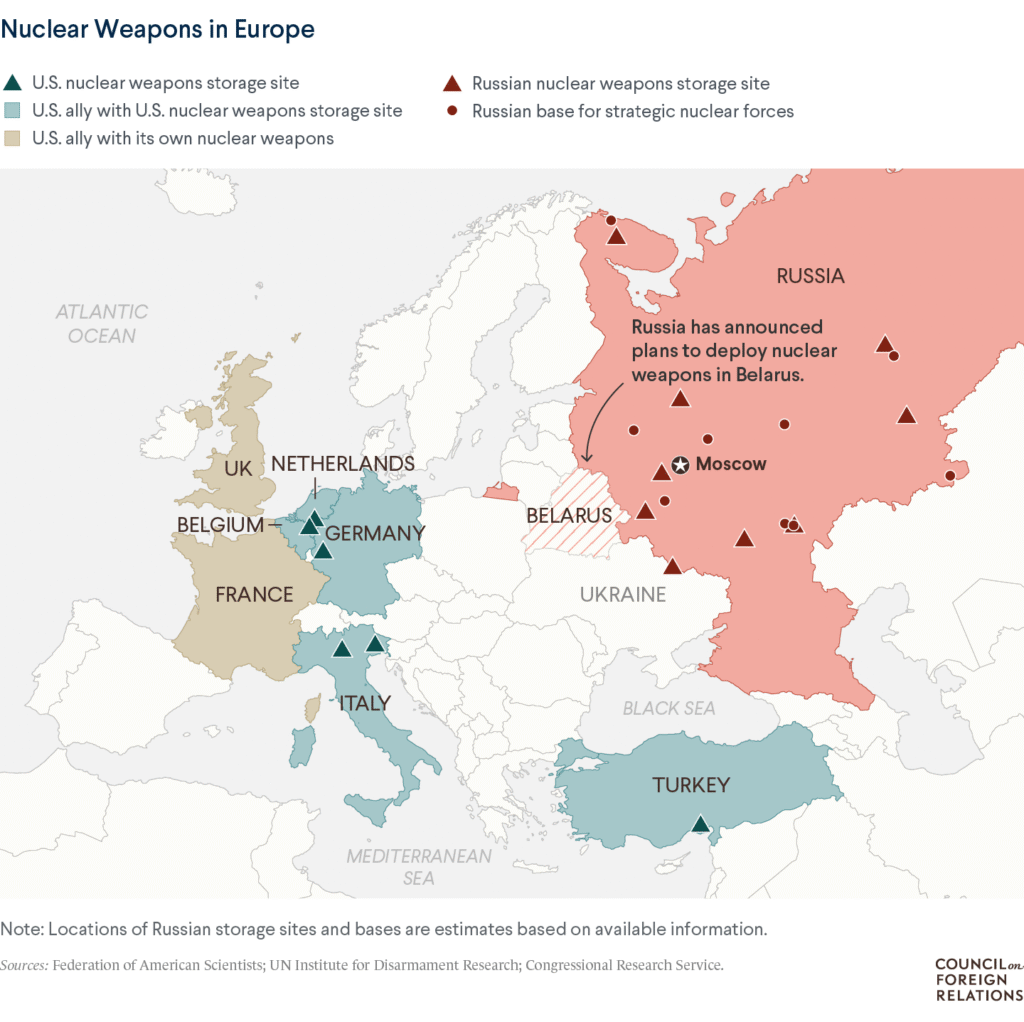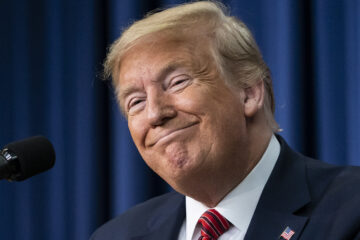GERMANY, a major military power in Europe?
Your 5-minute weekly dose of geopolitics in a straight-to-the-point and illustrated format. Today, we will ask ourselves whether Germany has the means and will to become a major military power in Europe. Enjoy!
I) Germany has recognised the need to rearm and is engaging in European defence projects
A. A new defence awareness
The war in Ukraine marked a “Zeitenwende” (turning point) in German foreign and defence policy, as Chancellor Olaf Scholz described in his 27 February 2022 Bundestag speech. In this context, Germany announced an unprecedented €100 billion special defence fund to modernise the Bundeswehr (German armed forces). In 2022 and 2023, Germany became the second-largest bilateral donor of military aid to Ukraine, providing advanced weaponry such as Leopard 2 tanks and IRIS-T air defence systems.

This shift was institutionalised in Germany’s first-ever National Security Strategy (2023). It reflects a strategic repositioning and sparked substantive debates in the Bundestag, especially about the definition of national interest, the threat posed by Russia, and the future role of the German military.

B. Deepening involvement in European military cooperation
Germany is also investing in European defence integration. In 2022, it launched the European Sky Shield Initiative with 18 other countries to build a joint European air defence system. Moreover, Germany is working with France on the Main Ground Combat System (MGCS), a next-generation tank program expected by 2040, meant to replace the Leopard 2 and Leclerc tanks.

II) Yet Germany lacks the capacity to be a major military power in Europe and remains reliant on NATO
A. Structural and societal constraints
Despite financial commitments, Germany’s military remains under-equipped and underprepared. Any deployment of its armed forces abroad requires prior approval from the Bundestag, limiting strategic flexibility. Its Basic Law (Grundgesetz) imposes strict constitutional limits on budget deficits, which restricts sustained defence spending growth.
In addition, the German armed forces face recruitment challenges: young Germans are reluctant to join the military. Besides, the 2023 National Security Strategy also lacks prioritisation, with vague objectives and limited operational guidance, reflecting hesitations within the German political class.
B. Continued reliance on NATO and rejection of European strategic autonomy
Germany’s 2023 strategy reaffirms NATO as the cornerstone of its defence. It continues to host US nuclear warheads under NATO’s nuclear sharing arrangement. Moreover, Berlin shows little interest in European nuclear deterrence and often disregards French efforts to promote it.

Even if, initially, Germany was skeptical about France’s call for European strategic autonomy, it now realises that Europe’s security and defence shouldn’t depend on an unreliable US ally and therefore needs to ramp up.
In this perspective, the incoming chancellor, Friedrich Merz, promotes a reinforcement of the EU on the international stage and seeks to strengthen Germany’s ties with its neighbours. However, we have yet to see whether he will go as far as challenging directly the US security umbrella over Europe.




0 Comments